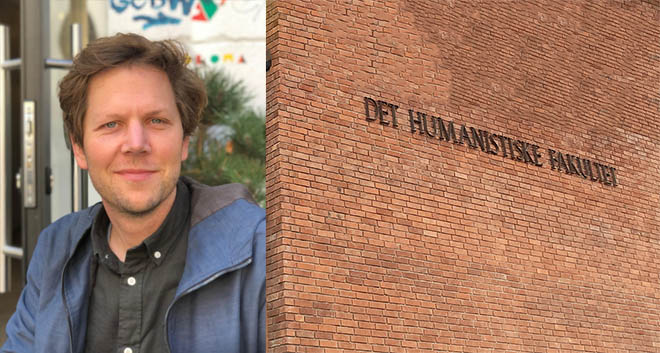
The last few decades have seen the rise of a distinct “anthropocene” paradigm in science and academia, challenging long held beliefs and practices that separated the realms of nature and society. But what is new and what is old in the anthropocene paradigm, and what can insights from the paradigm tell us about how people related to their natural surroundings in the past? These questions and more are addressed by Ingar Stene in this work on social, cultural, and natural entanglements in early modern Scandinavia.
In the early 2000’s, a group of scientists and scholars suggested that the world had entered a new geological epoch. Through the burning of fossil fuels, depletion of soils, disruption of elemental cycles and the extinction of species, humanity had become a telluric force, capable of dramatically changing the history of the whole planet. And because of this, we no longer lived in the Holocene – the recent epoch of stability, but in the Anthropocene – the new unruly and unpredictable age of humanity.
Since then, the Anthropocene as a concept has travelled through different disciplines and contexts like wildfire, taking upon itself an ever-expanding world of meaning. The anthropocene today signifies much more than a geological epoch. It has become a new way of thinking, a critical concept, a paradigm, or a sentiment, founded on the realization that society and nature have become entangled in so many ways as to make any real distinction between them impossible.
The modern anthropocene paradigm thus embodies both a new geological reality and a new worldview. In this thesis, Stene argues that while the former aspect is something new and unprecedented, the latter is not. The anthropocene paradigm that holds humanity and nature to be irrevocably entangled, is one that is deeply rooted in the Western environmental imagination. It is not so much a radical break from the past, but rather a continuation of, and a return to, worldviews that seamlessly blended social, cultural, biological, geological, and climatological perspectives in the past.
If what we are experiencing today is not actually a shock, but rather a continuation, how might this alter the way we conceptualize our own, anthropocene present? Similarly, how might current ways of thinking in the anthropocene change our ways of interpreting the past? These are the main questions engaged with in this thesis. By exploring three different case studies of early modern natural, social, and cultural entanglements, Stene has investigated different aspects of an “early modern anthropocene” worldview. From the extraordinary reception history of the Norwegian lemming as a boundary object between animal and weather, to the rich imaginaries of the lost colonies of Greenland, to the deep reflections on the entanglements between human and geological histories, Stene demonstrates how early modern European societies perceived themselves within nature and history in ways that very often parallels our own, “modern” anthropocene paradigm.
Trial lecture
Topic: "Agency, periodization, and narratives of the Anthropocene"
Time and place: Monday 26 August, 10:15 a.m., Niels Treschows hus, 12th floor
The trial lecture is open to the public.
Webinar
Webinar link for the trial lecture and the defence
Evaluation committee
- Associate Professor Pietro Daniel Omodeo, Ca’ Foscari University of Venice (first opponent)
- Professor Helge Jordheim, University of Oslo (second opponent)
- Associate Professor Marius Buning, University of Oslo (committee administrator)
Chair of the defence
- Professor Hilde Sandvik
Supervisors
- Professor Dominik Collett, University of Oslo